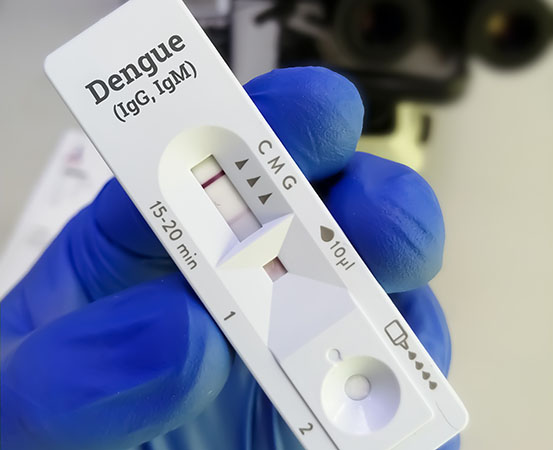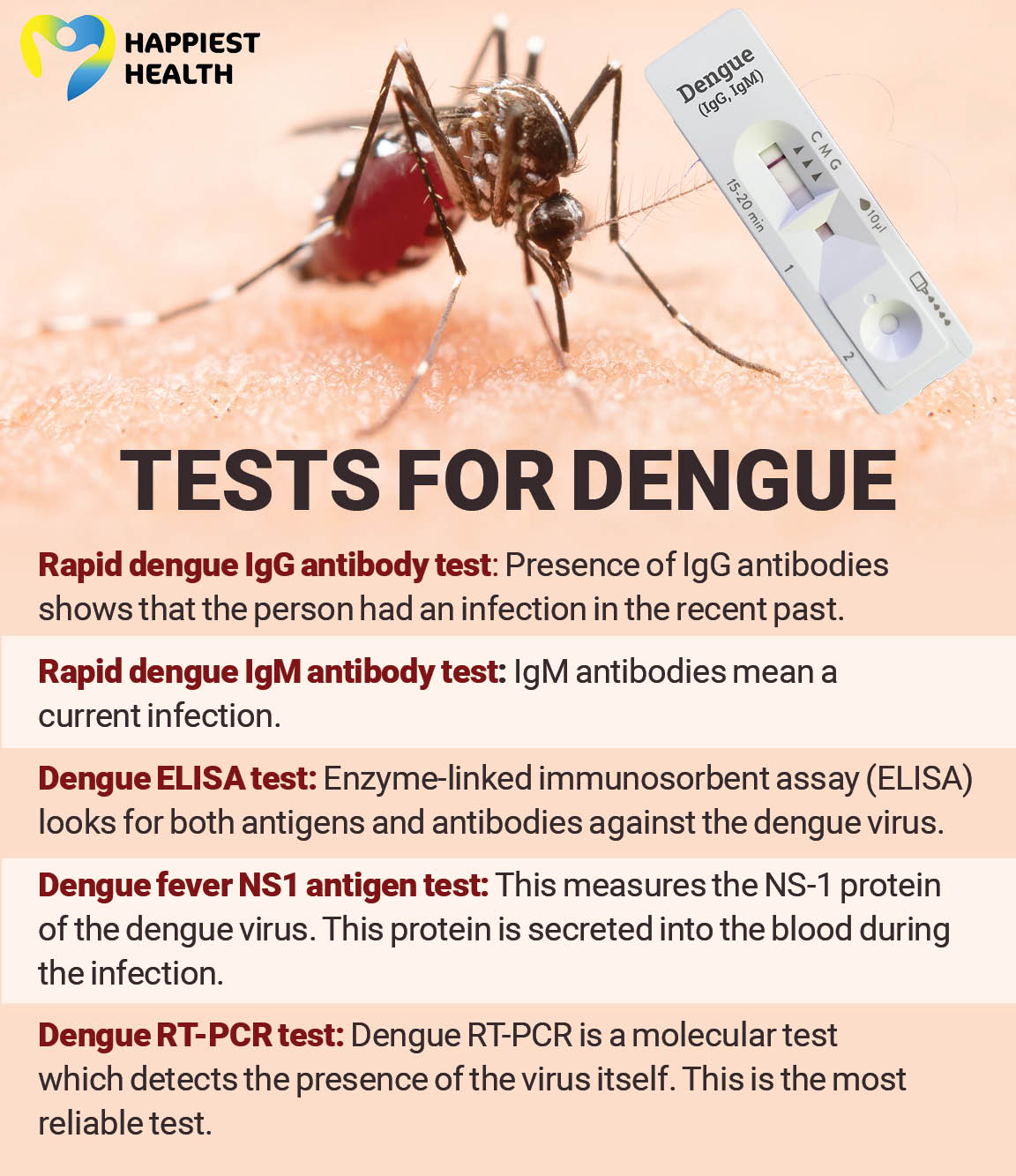
Amid the massive surge in dengue cases across the country, there have also been concerns about inaccurate test results. Doctors have come across instances of false-negative dengue test reports, even among those seen with typical signs of dengue-like illnesses.
False-negative results are when a test doesn’t detect the virus despite the person being infected, resulting in a negative report instead of a positive one. A similar problem was seen during the Covid pandemic, with false-negative reports creating confusion.
Experts say false-negative cases do not have a sizable implication on prognosis and treatment as there is no specific treatment for dengue and the focus is on symptomatic treatment.
A five-year-old boy from Bangalore recently experienced symptoms such as fever, sore throat, headache, myalgia and low appetite. He was prescribed oral medications like paracetamol and lozenges, but the symptoms refused to subside even after five days, prompting his parents to seek further treatment.
“The boy developed walking difficulties due to severe myalgia and was also dehydrated,” says Dr Narayanaswamy S, founder and medical director, Athreya Hospital, Bangalore. “His symptoms indicated that he may be suffering from dengue, and he was admitted. But in contrast to the clinical suspicion, the boy’s blood samples turned negative for dengue in both the rapid and ELISA tests conducted to detect dengue.”
ELISA — a screening test which detects the presence of an antigen and/or an antibody against a pathogen — is said to be the most specific test for dengue.
The boy’s complete blood count reports showed a decline in platelet counts. As against the normal 1.5 lakh to 5 lakh platelets, he had 1 lakh. And his white blood cells (WBCs) were below 1,000 — as against the normal 4,500 to 11,000 WBCs per microliter.
In this case, it could have either been dengue or a dengue-like fever, but the boy also had congestion.
The diagnosis was fever of unknown origin. The boy was given symptomatic treatment which included IV fluids and painkillers. Nutrition matters a lot during dengue recovery, with a dengue-fever diet requiring low-fat and high fluid intake.
The boy recovered completely within three days and was discharged.

What causes false negative results?
According to Dr Chhavi Gupta, consultant infectious disease specialist, Sanative Healthcare, Delhi, the factors that contribute to false-negative reports include any error in testing, specimen collection, inaccuracy of the testing kits and quality of the dengue antigen and dengue antibody used.
“In the initial five days, the virus is circulating in the body, so it has to be diagnosed with antigen,” says Dr Gupta. “After that antigen decreases and antibody increases. The rapid testing kit has to be used wisely.”
The presence of antibodies IgM and IgG against the dengue virus is indicative of infection. While IgM antibodies mean a current infection, IgG antibodies show that the person had an infection in the recent past.
“Tests have to be ordered cautiously based on case scenario,” says Dr Aniket Mule, consultant, internal medicine, Wockhardt Hospitals, Mira Road, Mumbai. “The day of testing also matters. If the antibody tests are ordered in the initial days, and the antibody takes five to seven days to form, it can give a false negative.”
In the NS1 antigen test, the infection is detected only if tested in the early stages — that is, in the initial seven days of the symptoms being seen.
“Lack of knowledge about which test to use and certain technical errors in the lab can also lead to false-negative reports (in case rapid tests are done),” says Dr Gupta. “If the suspicion is very high, one may get confirmatory tests done with an approved ELISA kit.
Doctors add that symptomatic treatment is followed in case of false negatives, irrespective of the reports.
Takeaways
♦ An increase in false-negative cases of dengue has been reported.
♦ False-negative results are when a test doesn’t detect the virus despite the person being infected.
♦ The reasons for false-negative reports include error in testing, specimen collection, inaccuracy of the testing kits and quality of the dengue antigen and dengue antibody used.
♦ The tests for dengue include rapid dengue IgG antibody test, rapid dengue IgM antibody test, dengue ELISA test, dengue fever NS1 antigen test and dengue RT-PCR test
♦ There is no specific treatment for dengue, and the focus is on symptomatic treatment.

















